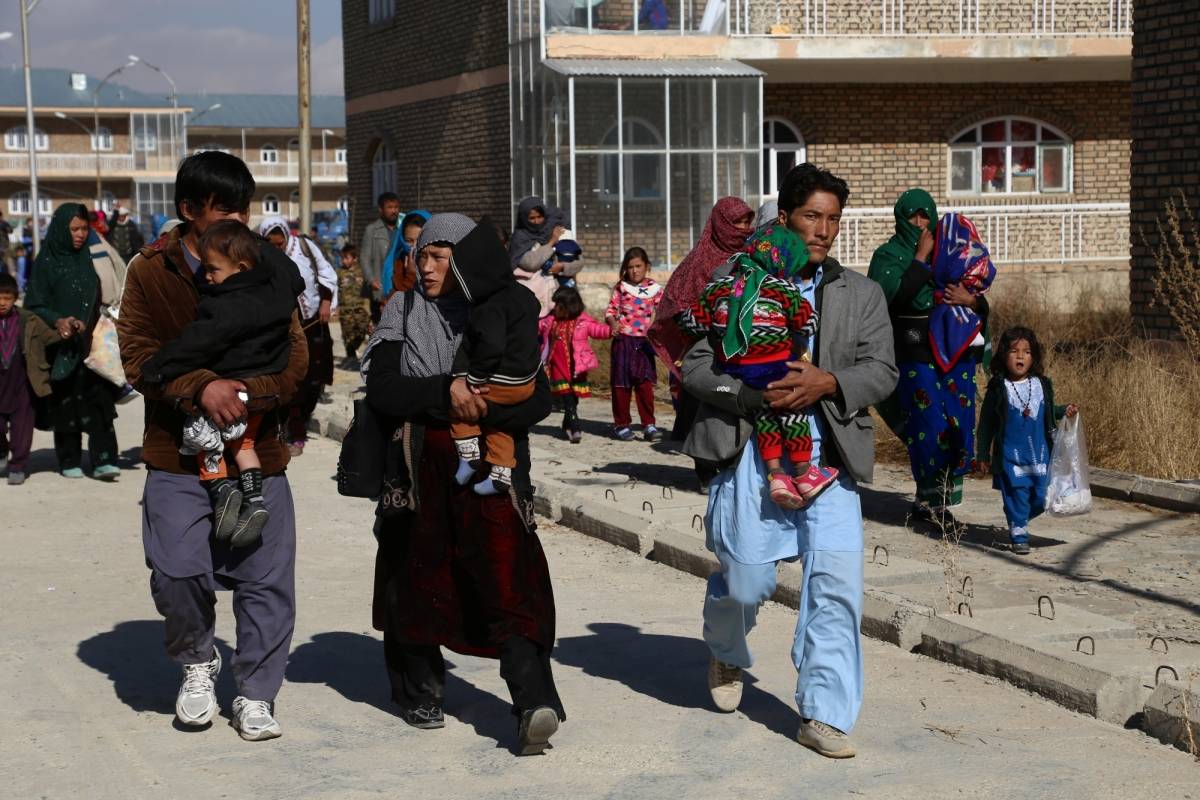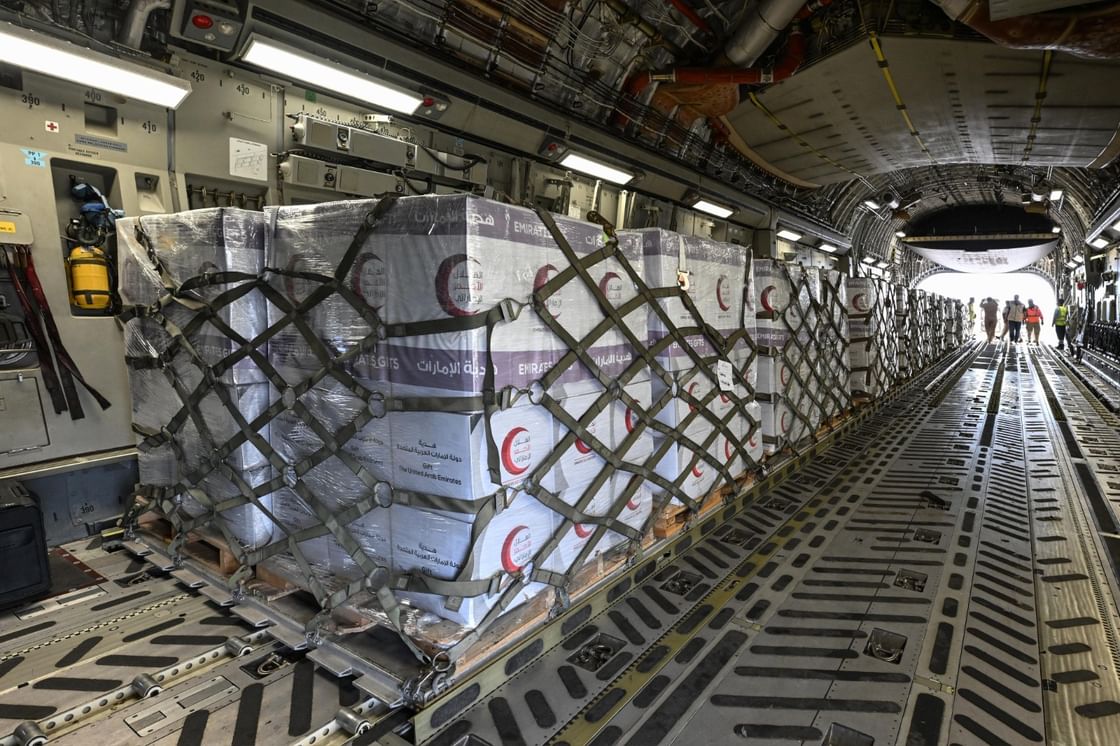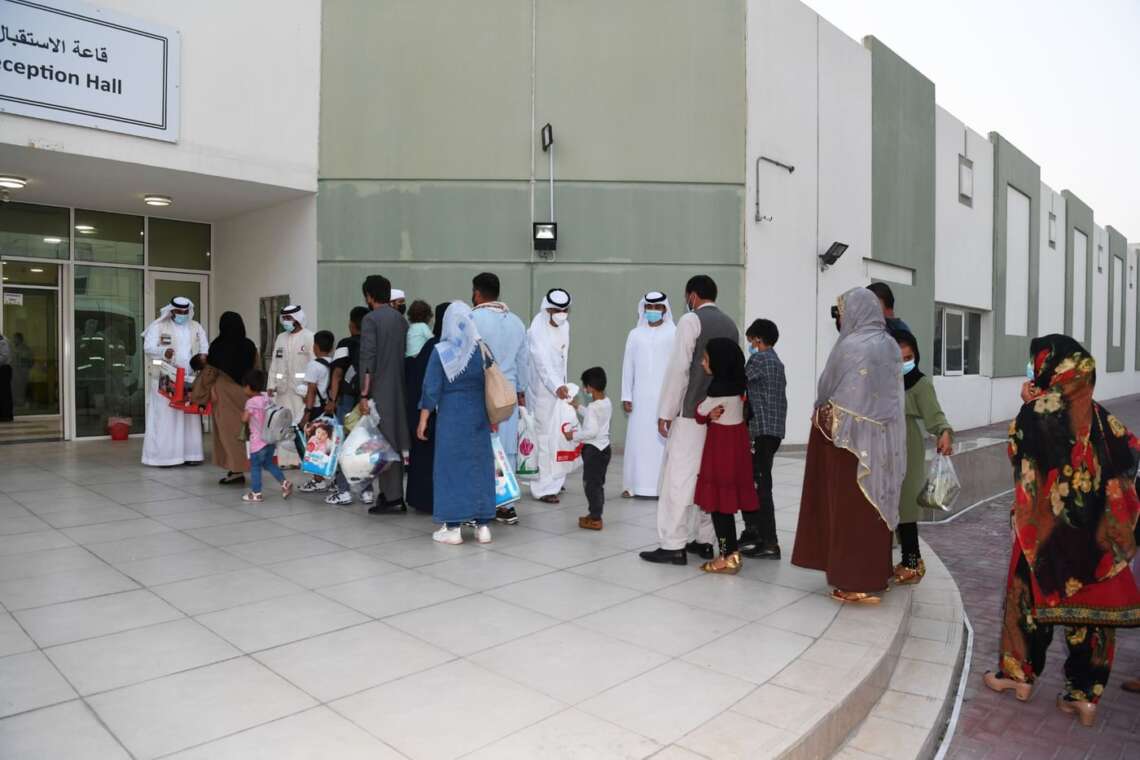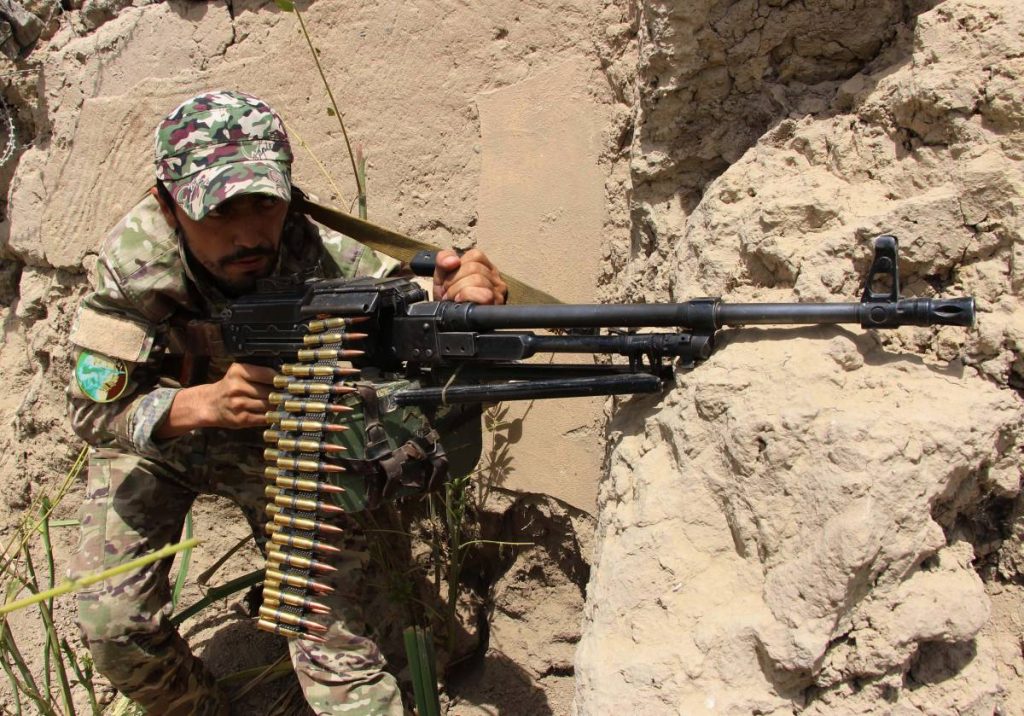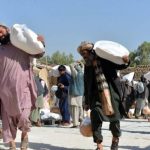A resident of Zardak village in Malistan district told that the Taliban arrested and murdered three of his sons who were under the age of 18, who had fled from the conflict areas and were returning home…reports Sanjeev Sharma
Disturbing eyewitness accounts have emerged of deliberate and unlawful killing of civilians by the Taliban in Malistan district of Ghazni province.
According to the Afghanistan Human Rights Commission’s findings, the Taliban killed civilians after capturing the center and parts of Malistan district. In addition to violence and inhumane treatment of people, looting of citizens’ property, destruction of houses and shops, and creating an atmosphere of fear, the Taliban displaced thousands of families, including women and children, from this district to other nearby and distant areas.
Taliban engaged in destroying telecommunication networks. They also searched people’s houses in some areas, including Zardak, Shirdagh, Pashi, Miradina, and Neyqul, in order to identify government employees and those involved in the local uprising group.
They instilled fear and terror in civilians by beating, abusing, and mistreating them. The Taliban also destroyed a number of homes and shops and looted civilian property. They destroyed an antenna base that belonged to Salam Telecommunication Network and transferred its equipment to Ajristan district, and also forcibly took away several vehicles and motorcycles of the residents of this district.
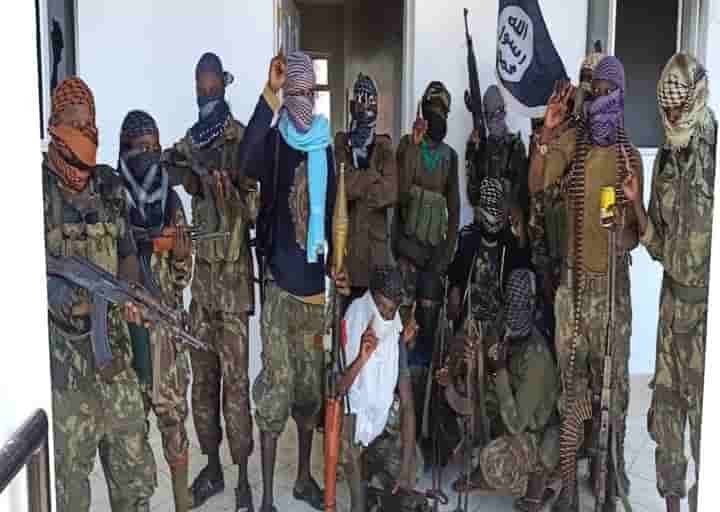
According to an eyewitness, the Taliban split into two groups after the fall of Malistan district. The first group fought the security forces, while the second attempted to search houses and identify and prosecute people associated with the security sector and members of local uprising group. The group mistreated civilians, evicted them from their homes, or arrested them outside their homes, and in several instances, murdered them after violent treatment and severe beatings.
According to one survivor and eyewitness, the Taliban brutally murdered seven members of his family and relatives who had no involvement in the clashes and were all farmers and ordinary men. According to this eyewitness, the Taliban strangled and killed his aunt’s husband, a 72-year-old farmer, with a scarf after pulling him out of his house, and taking 25,000 Afs away from him, the money he had earned by selling his trees.
Another eyewitness told the Commission that the Taliban came to the house of a Malistani resident who was a blacksmith and a car dealer late at night and asked for his car key, but he refused. The Taliban then shot him. The next night, his 16-year-old son, a ninth-grade student, goes to the Taliban to complain about his father’s murder. Taliban-affiliated gunmen beat him, and then shot him dead.
According to another eyewitness, the Taliban members searching homes for government employees and men involved in the local uprising, opened fire directly into the home of a local resident. Fearing the Taliban, the house’s owner seeks refuge in the basement, but the Taliban threw grenades into the basement, injuring the man in the legs and arms. The man’s 19-year-old son was in the house at the time, and when the Taliban noticed him, they dragged him out and shot him dead.
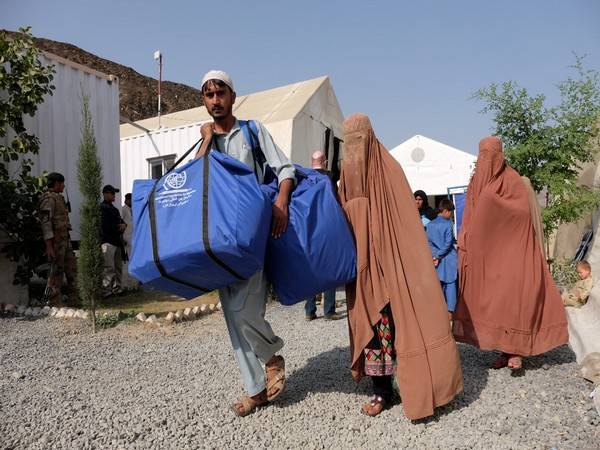
In another case, the Taliban loaded the bodies of their victims into a car with the help of a man guarding the Miradina Bazaar’s shops, then killed the man so as not to reveal the number of victims.
Another eyewitness told the Commission that after capturing Malistan district, the Taliban went to a tailor’s shop and asked him to provide information about the shops and properties owned by Hakim Shojaee, one of the uprising groups’ commanders. The Taliban shot and killed the man after he refused to share this information.
A resident of Zardak village in Malistan district told the Commission that the Taliban arrested and murdered three of his sons who were under the age of 18, who had fled from the conflict areas and were returning home.
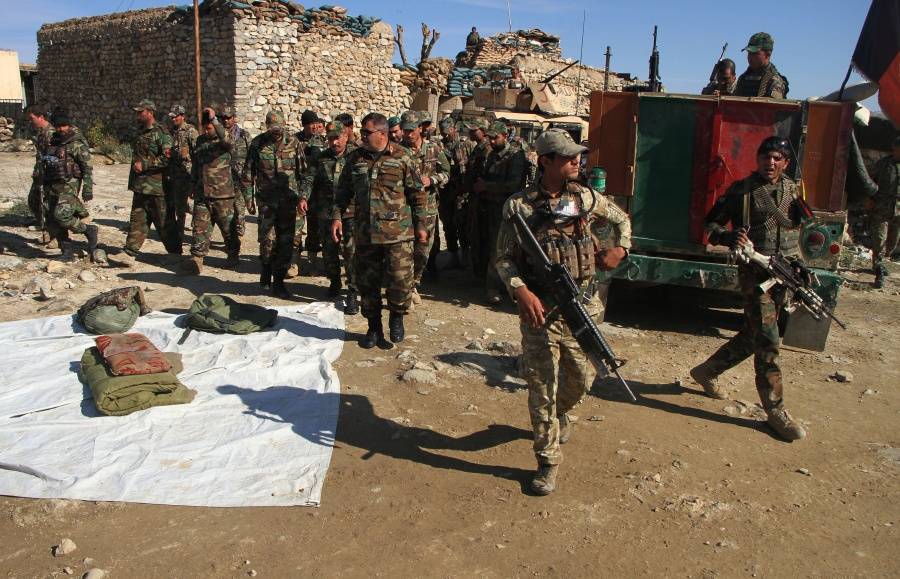
Also, when the Taliban attacked the Shirdagh area of Malistan district, two women ran out of their houses to see what had happened. The Taliban opened fire on them right away, killing one and injuring another in the eye, causing her to go blind.
AIHRC findings illustrate that 2,500 families have been displaced from different parts of Malistan district to Kabul, Jaghori, and Nawor districts in order to escape Taliban violence. The displaced families are in a difficult situation due to a lack of basic and essential facilities, with many of them lacking access to food, safe drinking water, clothing, and shelter.
In addition, these families have no access to medical and educational services. According to local sources, due to the closure of schools and medical centers, families and individuals living in the Malistan district are also facing serious problems and challenges.
The Commission’s findings verify that the Taliban have informed the residents of Malistan district that women and girls will no longer be allowed to leave their homes and go to schools without Muharram and “Islamic covering”. The Taliban have also stressed that violators of this rule will be punished. Residents’ human rights in the Taliban-controlled area of Malistan district face serious challenges and concerns.

